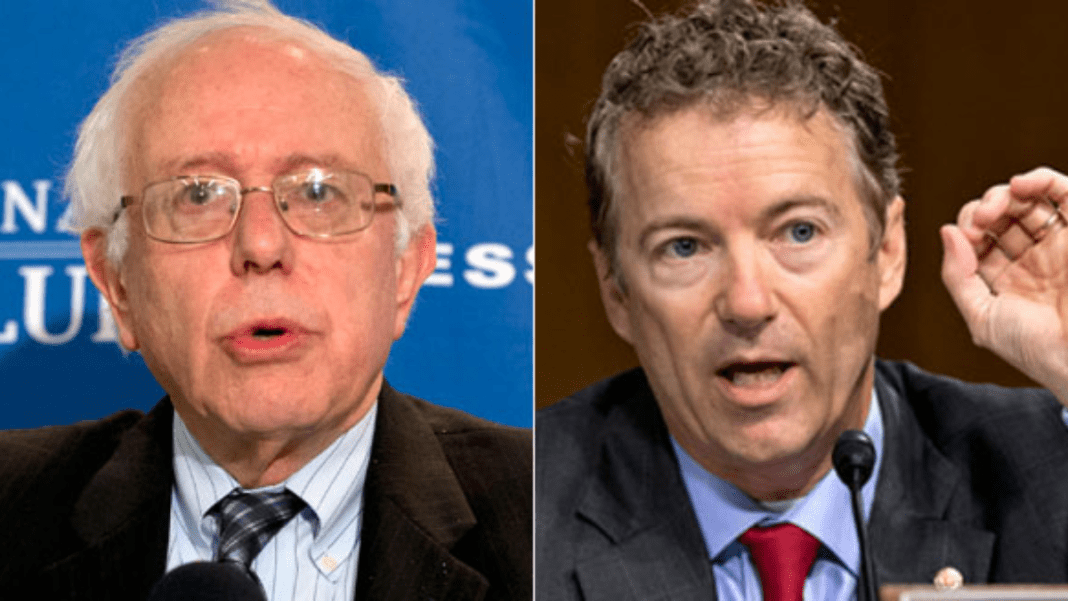A Senate Hearing Turns Tense
A heated Senate hearing on September 17, 2025, saw Senator Rand Paul of Kentucky face off with Senator Bernie Sanders of Vermont and former CDC Director Dr. Susan Monarez. The exchange took place during a Senate Committee on Health, Education, Labor, and Pensions (HELP) session that focused on oversight of the Centers for Disease Control and Prevention (CDC) after major leadership changes.
The tension came against the backdrop of the sudden firing of Dr. Monarez, who was removed by Health and Human Services Secretary Robert F. Kennedy Jr. just 29 days after being confirmed as the first Senate-approved CDC director. Monarez, a pediatrician and public health expert, testified that she was pressured to approve vaccine recommendations without review, dismiss senior scientists without reason, and let political appointees control scientific decisions. She said she refused, arguing that it would risk children’s health.
Senator Bill Cassidy of Louisiana, who chaired the hearing, questioned why the Senate should even confirm CDC leaders if they could be fired so quickly. Sanders, the committee’s ranking member, defended agency officials’ right to speak with elected representatives, while Republicans appeared split on Kennedy’s actions.
Paul Questions Vaccine Policies for Infants
The most intense moments came during Senator Paul’s questioning of Monarez. Paul, a doctor himself and known for his skepticism of vaccine mandates, pressed Monarez about vaccines given to infants. His focus was on the Hepatitis B vaccine at birth and COVID-19 vaccines for children as young as six months.
Paul asked why newborns need the Hepatitis B shot if their mothers test negative for the virus. Monarez explained that the Advisory Committee on Immunization Practices (ACIP) recommends the vaccine because it protects against household or later exposures and prevents chronic liver disease. She said the policy is based on decades of evidence. Paul rejected this answer, calling the policy “one-size-fits-all” and demanding proof from randomized trials.
Outrage Grows as Bernie Sanders Slams Israel Over Gaza and Qatar Strikes
The exchange grew sharper when Paul turned to COVID-19 vaccines for infants. He asked if the shots prevent transmission or lower child deaths. Monarez replied that trials show they reduce hospitalizations and severe outcomes by up to 90 percent. Paul dismissed her explanation as weak, saying, “Once again, ‘it can.’ That’s a ridiculous answer.”
Throughout his questioning, Paul accused Monarez of refusing to fire staff who supported infant vaccination policies, which he called harmful. Monarez calmly disagreed, but Paul cut her off several times. This led to Sanders stepping in to defend her right to finish her answers.
Sanders Steps In During Verbal Sparring
At several points, Sanders interrupted Paul to insist that Monarez be allowed to respond fully. “Senator, you’re not allowing the witness to respond,” Sanders said during one heated moment. Paul shot back, “You had your time, Bernie. I’ve got mine.” The sharp words caused murmurs across the chamber and highlighted the tense mood of the hearing.
The verbal sparring reflected deeper political divides. Sanders supported Monarez’s defense of scientific standards, while Paul framed the issue as government overreach into personal medical decisions. Meanwhile, Cassidy and other Republicans expressed concern about Kennedy’s decision to oust Monarez but did not fully align with Paul’s criticism of vaccine science.
The session also briefly included testimony from former CDC Chief Medical Officer Dr. Debra Houry, who warned that firing experienced leaders could hurt public trust and lower vaccine uptake.
As the hearing closed, the room remained divided. Paul stood firm in his claims that infant vaccines are unproven and potentially harmful. Sanders and Monarez emphasized the importance of evidence-based health guidance. Cassidy hinted at another hearing where Kennedy himself would be asked to explain his decisions.
The clash made clear the deep political and scientific tensions surrounding vaccines and the CDC in 2025.
